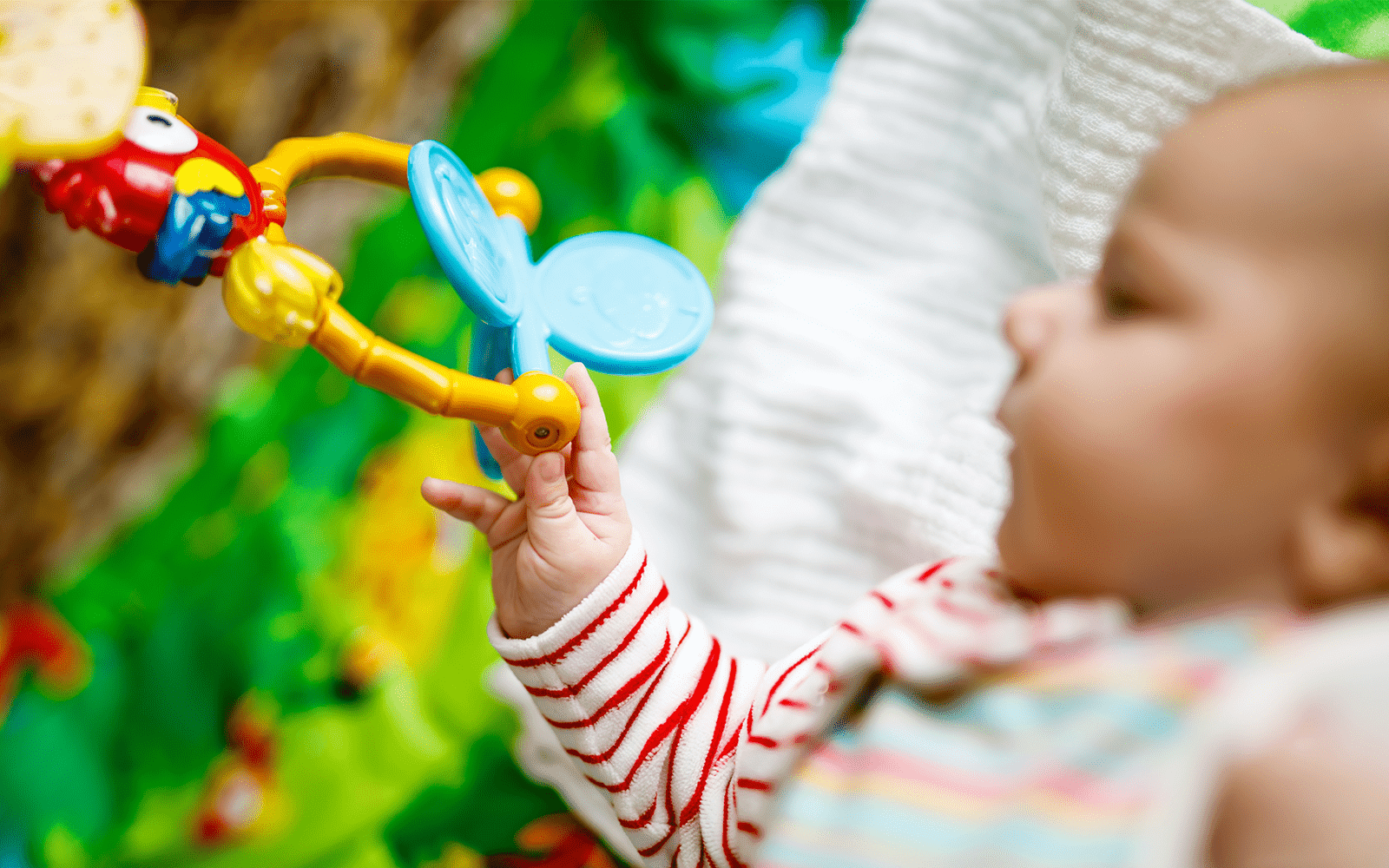Funding for early childhood education in Chicago is complex and ever-changing based on decisions made by lawmakers and agency leaders at the federal, state, and city levels. As the City prepares to engage in 2026 budget planning, the Illinois General Assembly prepares to approve Governor Pritzker’s proposed budget, and the new federal administration considers nationwide cuts to core early care and education programs, Chicago residents should take note of how these impending changes will impact some of the most crucial programs that serve Chicago’s youngest residents and their families. Here is an outlook on what’s to come:
Federal Head Start and Early Head Start funding currently provides early care and education services to over 11,000 Chicagoans ages 0-5 in over 150 programs across the city. Any decisions made by the new federal administration or Congress on cuts to this Department of Health and Human Services-funded program could impact Chicago’s Early/Head Start programs, staff, and families. A loss or decrease in these funds could result in a greater need for state and city investment to sustain Chicago’s early childhood system.
The state of Illinois’ Early Childhood Block Grant, which Chicago currently receives $284M of by state statute, is level-funded in the governor’s proposed budget, which means the largest source of funding for CPS pre-k and the Chicago Early Learning infrastructure remains the same and there will be no increases in funding for the upcoming RFP for community-based programs to apply for or re-apply for the 40% of these funds that are sub-granted by the City’s Department of Family and Support Services.
And, while state budget increases to the Child Care Assistance program and Early Intervention will have the same limited impact on Chicago stakeholders as the rest of the state, the increase in funding for the Smart Start Workforce Grants will have an even more limited impact in Chicago, given the portion of Chicago’s young children who are served in programs that blend and braid public funds and therefore do not qualify for these grants.
The City of Chicago’s Corporate Fund investment in early childhood education took a roughly $2M hit in the 2025 budget after being level-funded at $13M for several years. What this means remains to be seen, but this fund typically supports staffing at DFSS, in addition to key early childhood system infrastructure supports like the Chicago Early Learning Workforce Scholarship and Chicago Early Childhood Integrated Data System. This decrease in Corporate Fund dollars happened despite the child care workforce crisis gaining increased attention from members of City Council during the 2025 budget process.
The 2025 City budget also lacked sustainable funding for Family Connects Chicago, an essential program that ensures all families have access to the services they need following the birth of a child.


